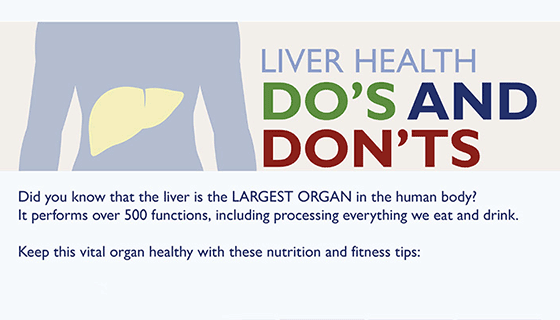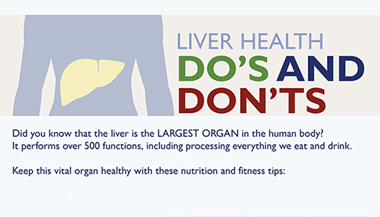Other Liver Disorders
What are autoimmune liver disorders?
An autoimmune disorder is any reaction or attack of a person's immune system against its own organs and tissues. In the liver, the immune system can destroy liver cells and damage bile ducts. Chronic active hepatitis can be caused by an autoimmune disorder.
In autoimmune hepatitis, the body's own immune system destroys the cells of the liver. It may be classified as type 1 or type 2. Type 3 is no longer considered its own type. Type 1 (classic) is the most common form. It may happen at any age, but usually affects young women more than men. Also, other autoimmune disorders can be associated with type 1, such as thyroiditis, Grave disease, and ulcerative colitis. Type 2 autoimmune hepatitis generally affects girls between the ages of 2 and 14, but happens in adults, too.
What are metabolic liver disorders?
Two main metabolic disorders affect the liver:
Hemochromatosis (also called iron overload disease). This disease is characterized by the absorption of too much iron from food. Instead of secreting the excess iron, the iron is stored throughout the body, including the liver and pancreas. The excess iron can damage these organs. Hemochromatosis is a hereditary disease that can lead to liver disease, liver failure, liver cancer, heart disease, arthritis, darkening of the skin, and diabetes.
Wilson disease. This disease is characterized by the retention of too much copper in the liver. Instead of releasing the copper into the bile, the liver retains the copper. Eventually, the damaged liver releases copper into the bloodstream. This hereditary disease can cause damage to the kidneys, brain, and eyes, and can lead to severe brain damage, liver failure, and death.





